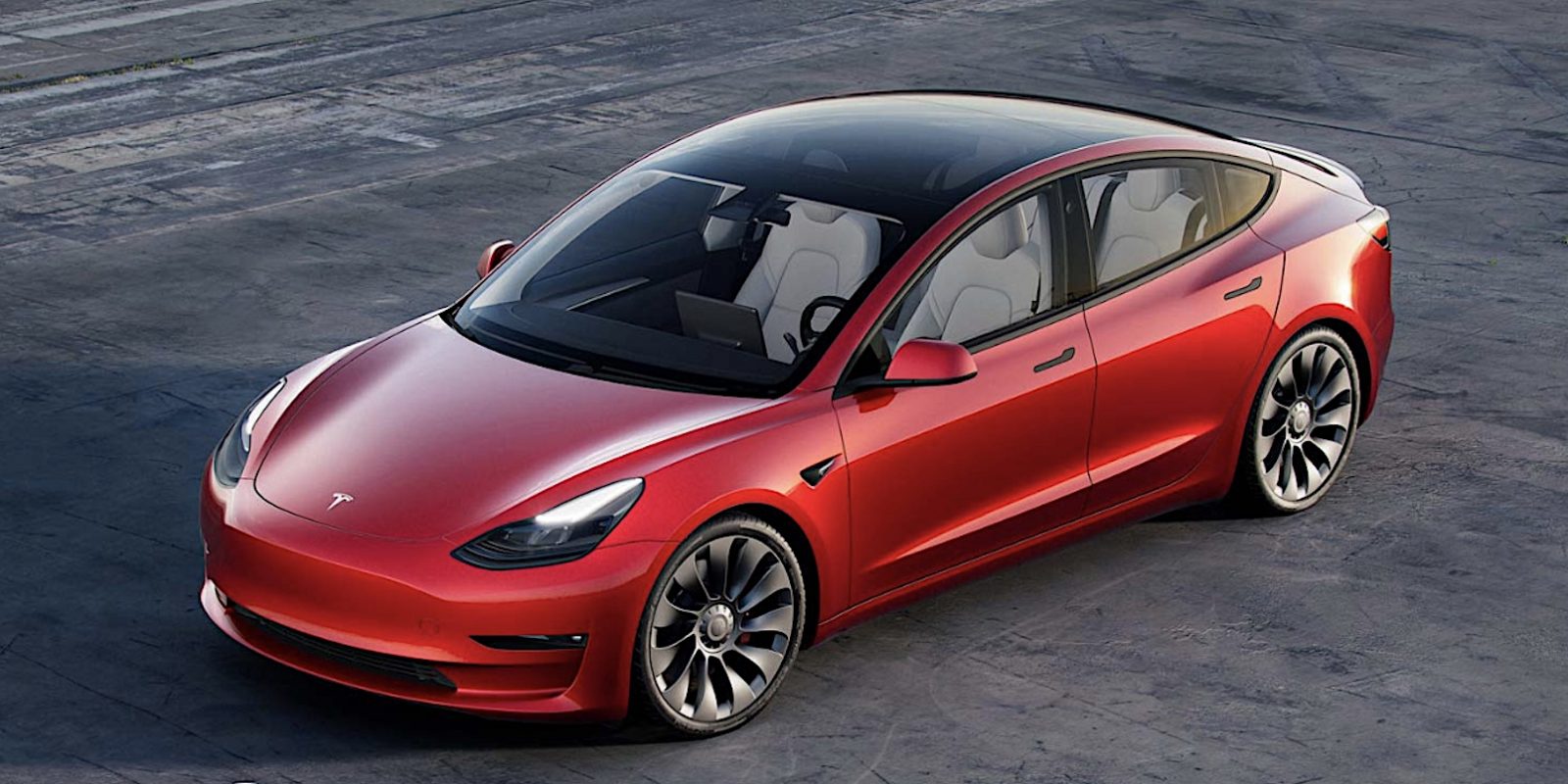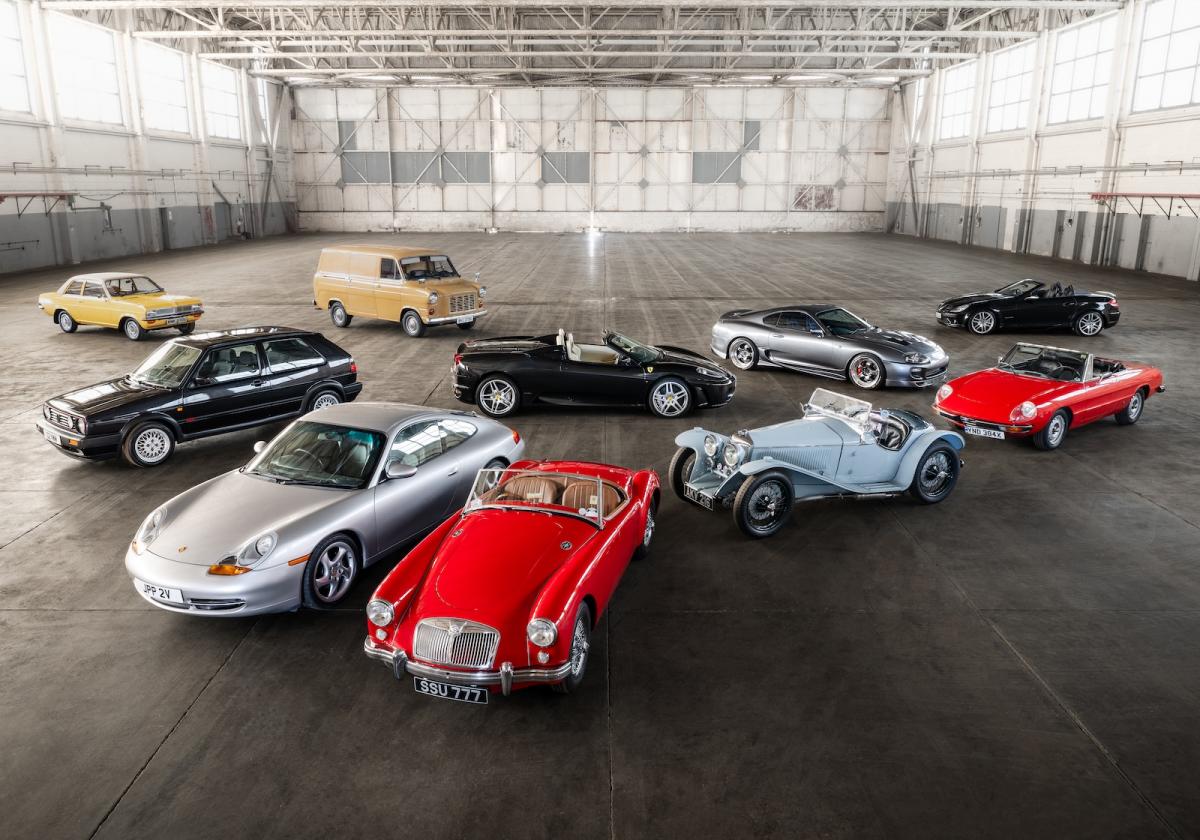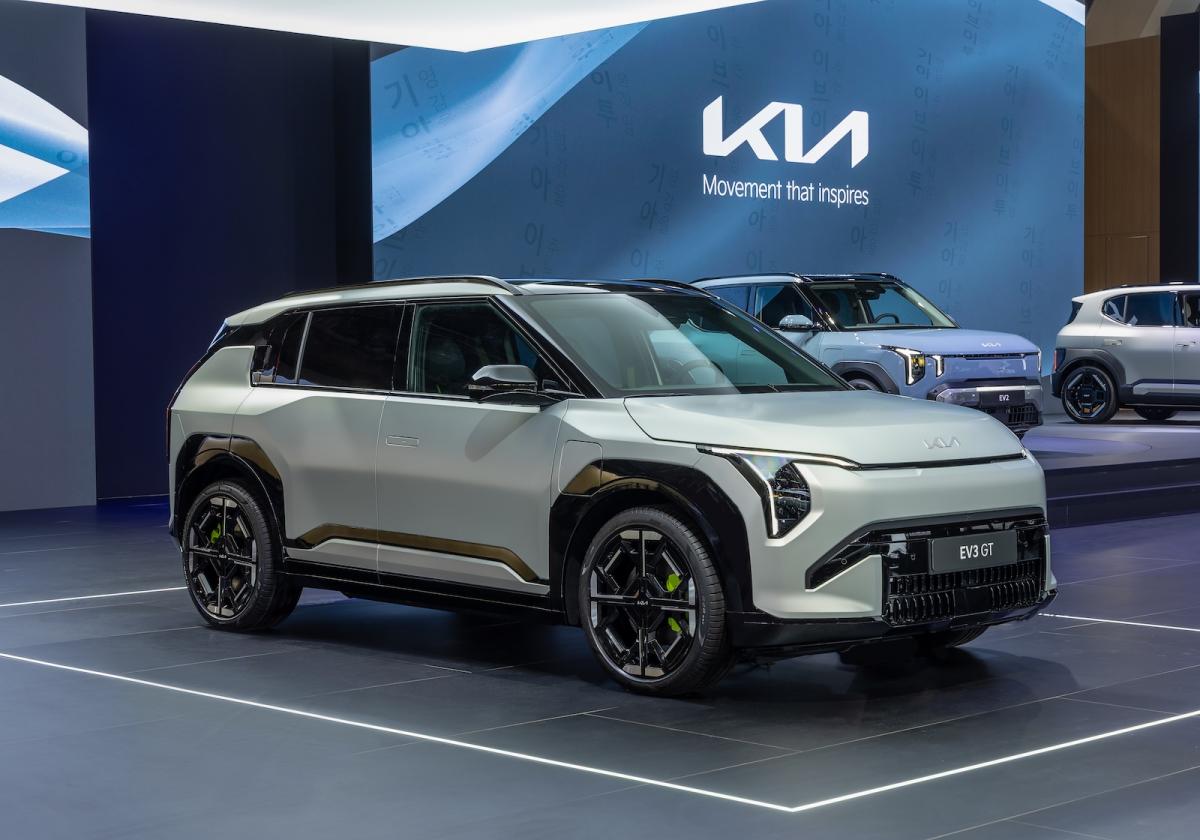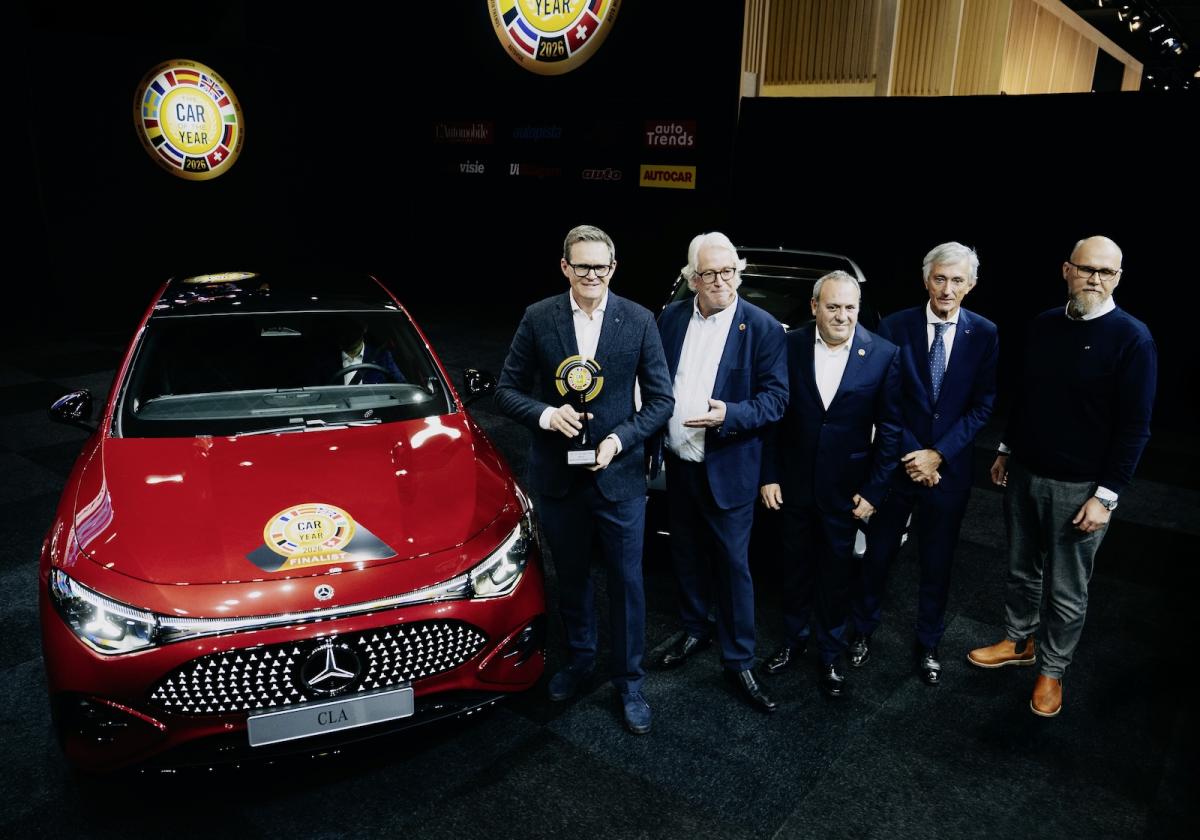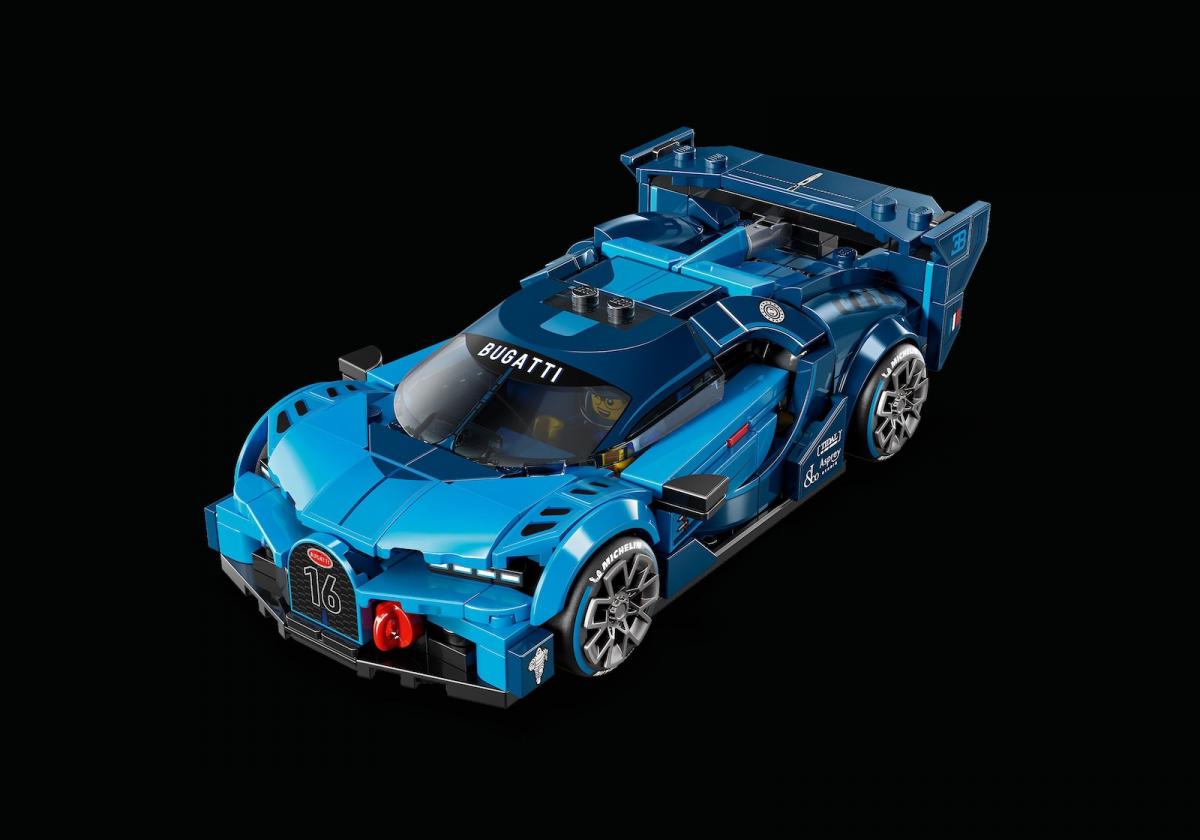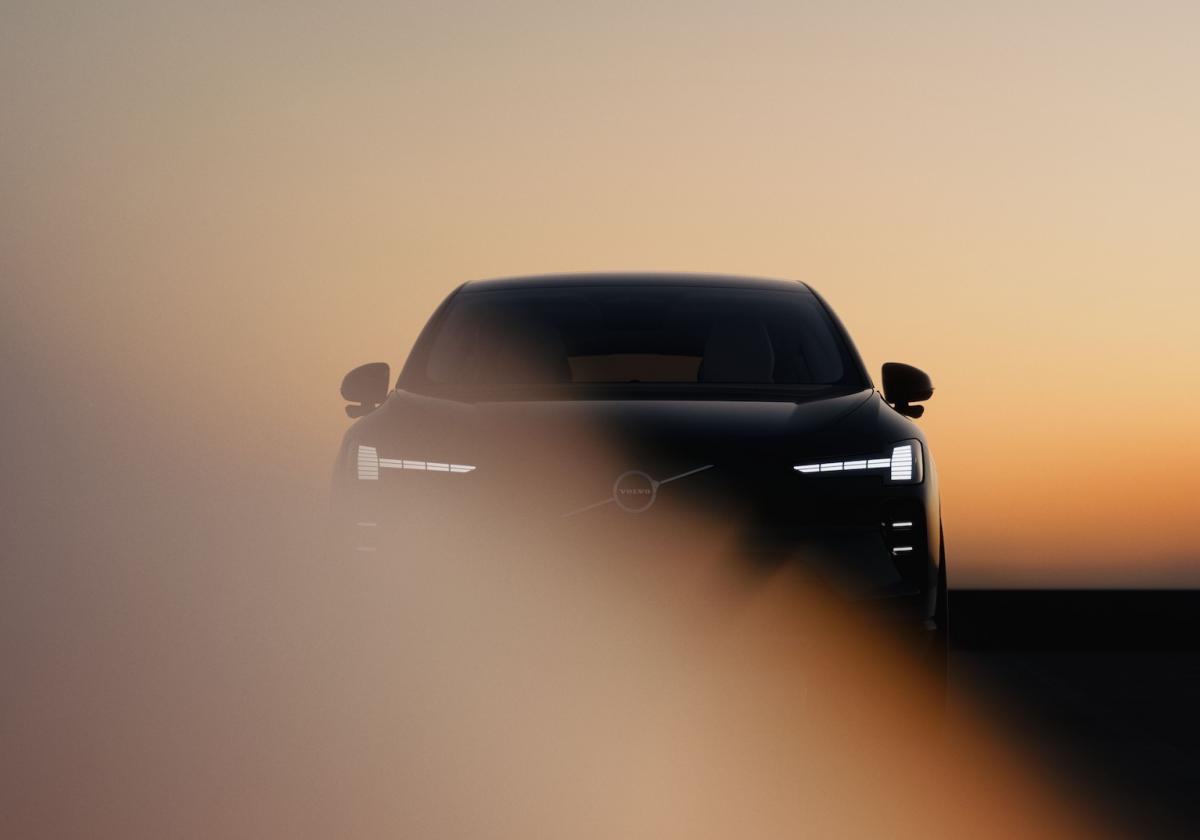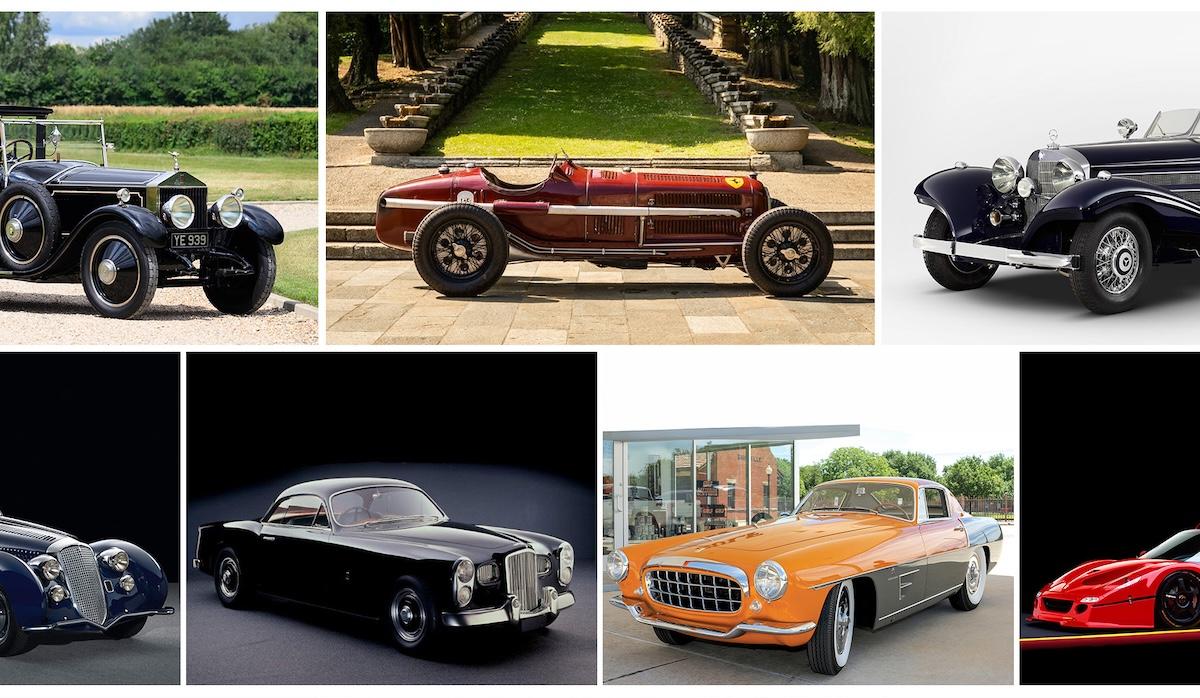- The Inflation Reduction Act is a desire to incentivize U.S.-based production, to build up a local vehicle and battery supply chain, and reduce reliance on China
- Just how the Administration defines EVs and their batteries—as locally made or not—will result in fewer EVs receiving the $7500 credit
- The rules surrounding the Act are complex and have come under fire from Senate Energy Committee Chair Joe Manchin
The winds of change are blowing over America’s $7,500 EV tax credit law—yet again.
It all concerns the Inflation Reduction Act (IRA), a major climate initiative introduced last summer intended to make electric vehicle purchases cheaper, and more appealing while assisting the Biden Administration to fight climate change.
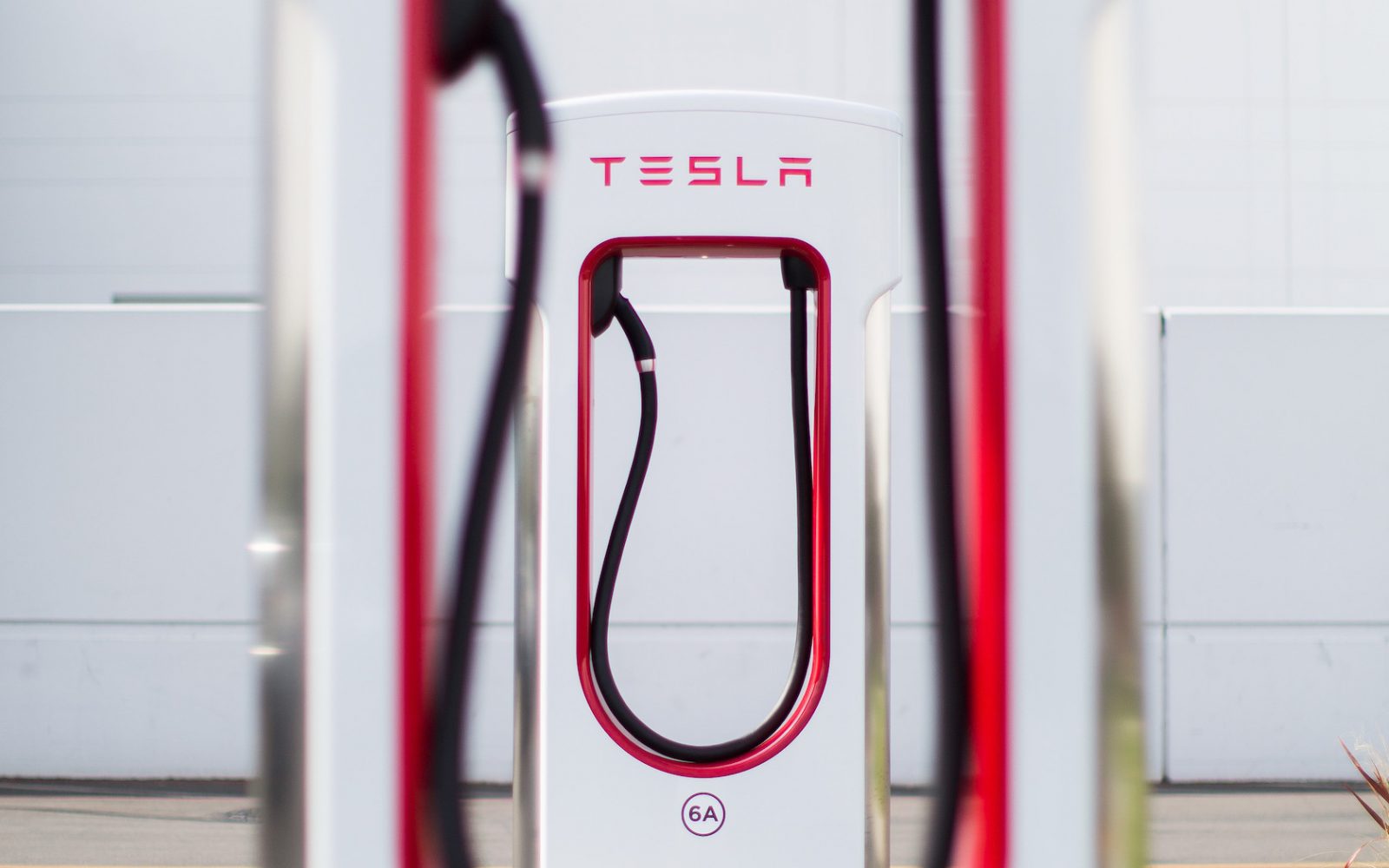
But the rules surrounding the Act are complex and have come under fire from senators like Senate Energy Committee Chair Joe Manchin, who threatened to take his grievance to court in a suit against the Biden Administration. At the crux of this Act is a desire to incentivize U.S.-based production, to build up a domestic vehicle and battery supply chain, and reduce reliance on China. But Manchin has questions about the finer details.
On Friday, Treasury finally issued guidance on the battery production and minerals sourcing requirements for federal tax credits for EV buyers, though the rules may create more chaos than clarity. To be eligible for a $7,500 credit, clean vehicles must meet sourcing requirements for both the critical minerals and battery components contained in the vehicle. Vehicles that meet one of the two requirements are eligible for a $3,750 credit.
“Today, Treasury is taking an important step that will help consumers save up to $7,500 on a new clean vehicle and hundreds of dollars per year on gas, while creating American manufacturing jobs and strengthening our energy and national security,” Treasury Secretary Janet Yellen said in a statement. The “clean vehicle” referred to here encompasses full EVs, plug-in electric hybrids, and even fuel cell vehicles.
Congress divided the $7,500 EV tax credit into two halves. Firstly, 40% of the critical minerals in the battery must be extracted or processed in the U.S. – or in a country with a U.S. free trade agreement. This credit is worth $3,750. Secondly, 50% of the battery components as a percentage of value must be made in North America, which is the remaining $3,750 of the tax credit.
Manchin is concerned about how Treasury classifies the terms ‘processing’ and ‘manufacturing’ in determining eligibility for $7,500 EV tax credits. He also says he is trying to move the EV battery supply chain from China which dominates the global supply chains of EV batteries and solar panels.
This breakdown may sound relatively simple, but exactly which cars now qualify for the revised tax credit is unclear. Automakers are being told to report directly to the IRS which EV models–effective on April 18–meet the critical mineral and/or battery component requirements. That April 18 date is crucial for many potential EV buyers as it means the current tax credit regime stays in place for now, meaning of course, that the battery and mineral requirements don’t change until that date.
There are some 91 EV models currently on sale in the U.S., and after April 18 some vehicles will qualify for a partial credit. The rules are still evolving however, when it comes to minerals and processing. A good example is the U.S. and its relationship with Japan and the EU. These two allies are in discussions now to be added to free trade agreements for minerals sourcing, which would be a positive for government objectives to reduce exposure to China-based sources.
As a key backer of the Inflation Reduction Act, Manchin has been complaining recently about the Biden administration’s broad interpretation of “processing” in its Clean Vehicle Credit incentives, which could open up more of the manufacturing process to foreign countries and leave only the final assembly to US companies.
Manchin was clear when he said, ”I don’t have a problem opening up to our reliable trading partners. I’m fine with processing in France, the UK, and the EU. I’m just not fine with [those countries] completing the [production process] and all we’re going to do is end up assembling in the US. That is not the bill, that’s not how we wrote it, and it’s not how it should be implemented.”
Manchin has voiced frustration at the government’s implementation of the EV tax credits, including the fact that the credits have been available since the beginning of this year without the administration enforcing the battery sourcing requirements.
“If it goes off the rails” and interferes with the intent of the climate legislation, “I will do whatever I can, and if that means going to court and I can do it, I’d do it,” said Manchin.
OUR THOUGHTS
In closing, we thought we’d allow Joe Machin to have the last word this time. “Manufacturing is meant to bring manufacturing back to the United States. It’s not basically allowing everyone to put all the parts and build everything you can for that battery somewhere else and then send it here for assembly.”

